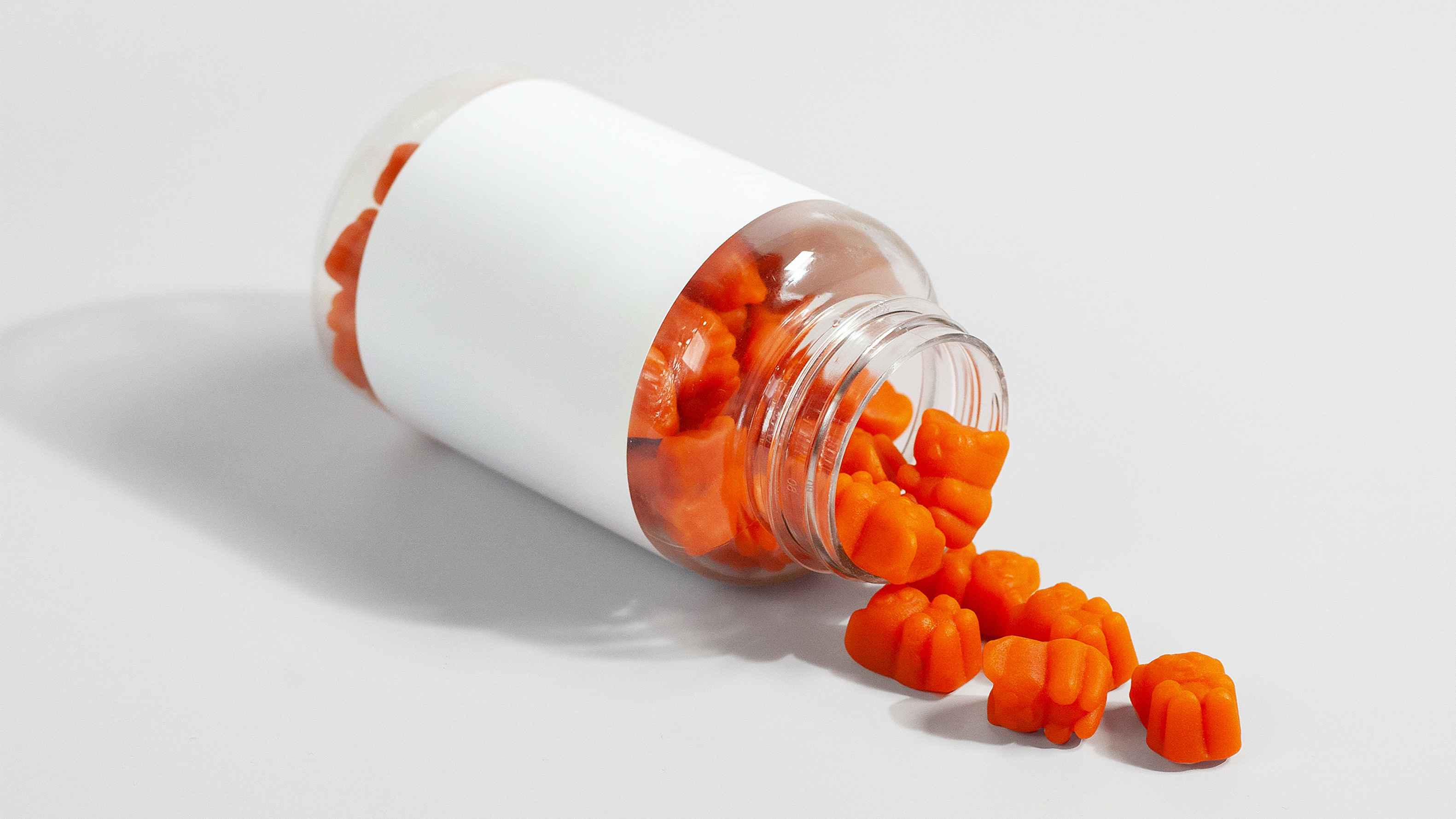How Drug Testing Works
Content approved by:
The drug testing procedure is used to check athletes of almost any age or ability for the presence of prohibited substances in their bodies. It will be carried out by trained and authorised doping control personnel who must show their official identification when they first approach an athlete and before commencing testing.
Here's how it works:
1. Selection:
Athletes are randomly chosen or targeted for testing. They are notified and asked to provide a urine or blood sample for analysis.
2. Sample Collection:
Athletes go to a designated testing location where trained personnel collect their urine or blood sample. The collection process is constantly supervised to ensure integrity.
3. Sample Analysis:
The collected samples are sent to a laboratory for analysis. Highly specialized technicians use advanced techniques to test for the presence of banned substances or their metabolites.
4. Laboratory Analysis:
The samples undergo thorough analysis using methods such as chromatography and mass spectrometry to detect even trace amounts of prohibited substances.
5. Results and Reporting:
Once the analysis is complete, the laboratory provides the results to the relevant anti-doping organisation. The results are then reported to the athletes and their governing bodies.
6. Follow-up Actions:
Depending on the test results, further actions may be taken. If athletes test positive for a banned substance, they may face sanctions, such as suspensions, disqualifications, or other penalties.
How You Can Help
If your athlete is competing at a good level, become familiar with the testing format and make sure they understand it, too. Ensuring they understand precisely what will happen… before they face their first test can help avoid stress. Knowing what will happen beforehand will prepare them if they are suddenly called up. For some, the first test can be a scary experience.
Ensure that they know their rights, especially regarding the requirement as a minor to have an adult representative present. If an athlete is under 18, they are considered a minor. They will be subject to a modified process that requires an athlete representative to be present at all times, as described on the UKAD testing process for minors page.
For more information about the UK testing process, click HERE
What to expect from an in-competition anti-doping test, click HERE
To understand an athlete’s anti-doping rights, click HERE
Take Home Points
- Ensure your athlete knows what to expect before they are approached for their first test.
- Even if your athlete is not yet competing at a high level of sport, have these conversations.
- Ensure that they know their rights.
-
Ensure they understand that tests will always be unannounced and without warning… and that they can happen to any athlete at any time, i.e., at a competition, training session, or at home…
If you've found this information helpful, we've created The Athlete Place, our athlete-specific platform that will inform, motivate and inspire your athlete...










0 comments
Leave a comment
Please log in or register to post a comment